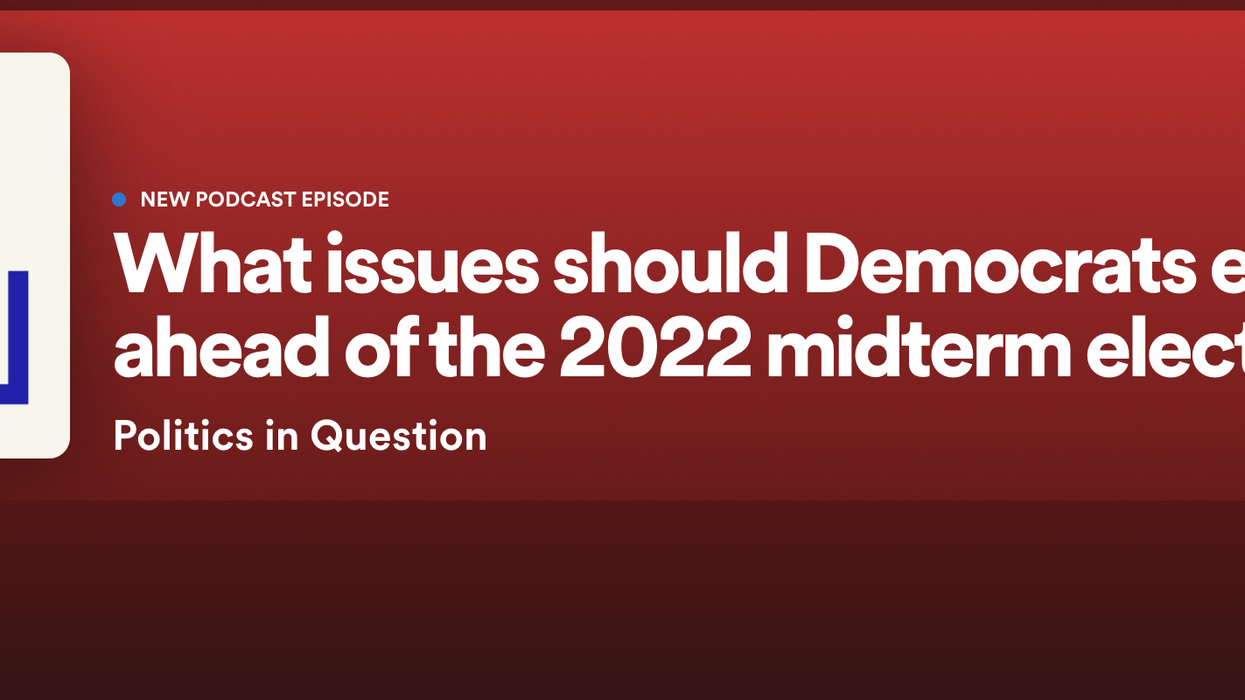In this episode of the Politics in Question podcast, the team discusses David Shor's recent controversy-provoking advice for Democrats ahead of the 2022 midterm elections.
Podcast: What issues should Democrats emphasize ahead of the 2022 midterm elections?




















Marco Rubio is the only adult left in the room